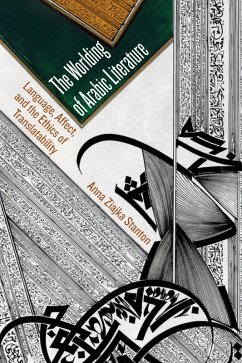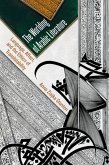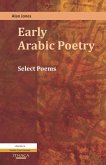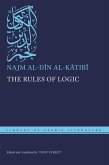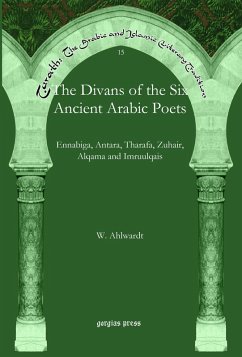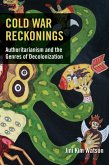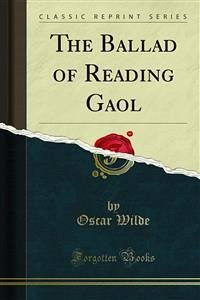Critics have long viewed translating Arabic literature into English as an ethically fraught process of mediating between two wholly incommensurable languages, cultures, and literary traditions. Today, Arabic literature is no longer "embargoed" from Anglophone cultural spaces, as Edward Said once famously claimed that it was. As Arabic literary works are translated into English in ever-greater numbers, what alternative model of translation ethics can account for this literature's newfound readability in the hegemonic language of the world literary system?
The Worlding of Arabic Literature argues that an ethical translation of a work of Arabic literature is one that transmits the literariness of the source text by engaging new populations of readers via a range of embodied and sensory effects. The book proposes that when translation is conceived of not as an exchange of semantic content but as a process of converting the affective forms of one language into those of another, previously unrecognized modalities of worldliness open up to the source text.
In dialogue with a rich corpus of Arabic aesthetic and linguistic theory as well as contemporary scholarship in affect theory, translation theory, postcolonial theory, and world literature studies, this book offers a timely and provocative investigation of how an important literary tradition enters the world literary system.
The Worlding of Arabic Literature: Language, Affect, and the Ethics of Translatability is available from the publisher on an open-access basis.
The Worlding of Arabic Literature argues that an ethical translation of a work of Arabic literature is one that transmits the literariness of the source text by engaging new populations of readers via a range of embodied and sensory effects. The book proposes that when translation is conceived of not as an exchange of semantic content but as a process of converting the affective forms of one language into those of another, previously unrecognized modalities of worldliness open up to the source text.
In dialogue with a rich corpus of Arabic aesthetic and linguistic theory as well as contemporary scholarship in affect theory, translation theory, postcolonial theory, and world literature studies, this book offers a timely and provocative investigation of how an important literary tradition enters the world literary system.
The Worlding of Arabic Literature: Language, Affect, and the Ethics of Translatability is available from the publisher on an open-access basis.
Dieser Download kann aus rechtlichen Gründen nur mit Rechnungsadresse in A, D ausgeliefert werden.

